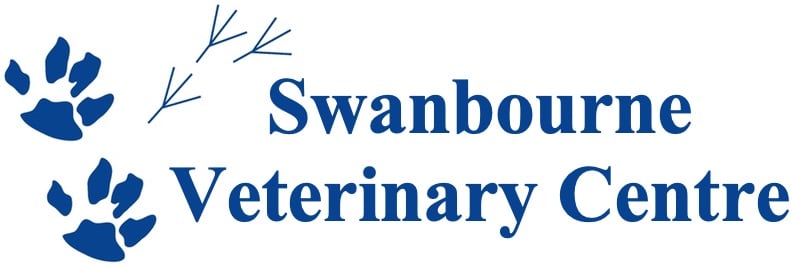Dental disease causes bad breath (halitosis) and pain, and it can also be a source of infection throughout the body. Dental disease may affect 70% of cats and 85% of dogs over three years of age. Symptoms may include bad breath, inappetence, weight loss, oral discomfort or lethargy. Some factors that influence dental disease include age, breed, diet, tooth alignment, chewing behaviour, and home care.
There are many things you can do at home to keep your pet’s teeth healthy for as long as possible, and these should be started while they are puppies and kittens. However, adult cats and dogs frequently require a dental treatment with a scale and polish under general anaesthesia to keep their mouth healthy. Even humans that brush twice daily require a visit to the dentist every 6-12 months for a scale & polish!
Plaque builds up in the mouth, which then causes gum inflammation (gingivitis). Once the gums are inflamed, we start to see gum recession and root exposure. This is a painful condition itself, however it can lead to tooth root abscesses which are exceptionally painful. If there is gum recession or root exposure teeth may need removing, as they will continue to cause pain and infection.
A dental procedure will allow us to start their dental care with a clean mouth, and we can help you to prevent or slow dental disease in the future.
What is involved in dental prophylaxis at Swanbourne Veterinary Centre?
- Make a booking for your pet’s dental procedure
- Do not give your pet food after 9pm the night before the surgery. Water is okay
- A blood test may be performed prior to surgery to check vital organ function
- The vet will perform a thorough physical examination before administering an anaesthetic
- Your pet will receive intravenous fluid support during the anaesthetic
- Under general anaesthesia, a full dental examination is performed and all teeth are charted
- Ultrasonic scaling of all teeth is done and the plaque and tartar is removed
- Teeth are then polished
- If there are any teeth requiring extraction, your pet will be sent home with appropriate medication for this
After dental prophylaxis
- Keep your pet quiet and safe as the effects of anaesthetic can take some time to wear off
- Food and water should be limited to small portions on the night after surgery
- Ensure all post-surgical medications (if any) are administered as per the label instructions
- If any extractions are needed your pet may need to eat soft food for several weeks
- Ensure you return to us on time for routine postoperative checks
- We will discuss a dental prevention program with you tailored to your pet
Dental preventative care suggestions
- Diet
- Dry food
- Dental formulated diets
- Raw vegetables e.g. carrots
- Dental treats e.g. Greenies or Prozym
- Improve oral hygiene
- Toothbrushing
- Oral hygiene sprays, gels & water additives
- Improve chewing activity
Please call the clinic on (08) 9384 2644 to book your pet in for teeth cleaning – this includes a complimentary dental check. Alternatively, we can help you tailor a dental prevention program for your young pet!


